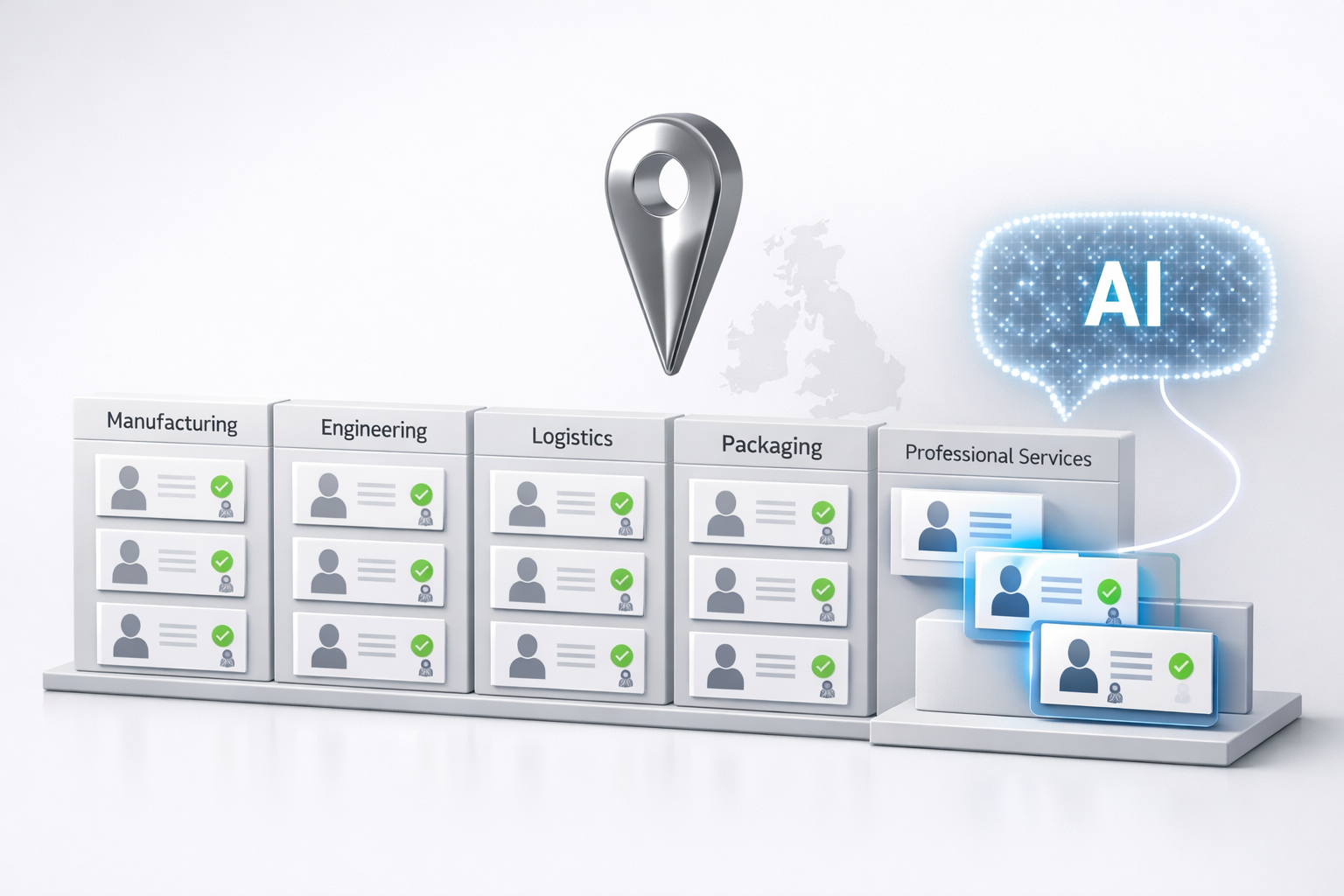What Is Food Traceability and Why Is It Important?
- 08 Oct 2019
- Articles
One important principle that is gaining attention today is food traceability. In a nutshell, it pertains to the capability of identifying and following every stage of the food manufacturing and production process. From sourcing raw materials, production, manufacturing, and distribution, food traceability needs to function effectively.
Why is food traceability important?
Perhaps one of the critical functions of food traceability is related to public safety and health. When there are emergencies, food traceability helps in the following context:
A company is better prepared to handle an emergency related to food production. Traceability enhances visibility to everyone involved in the supply chain; hence, helping the company come up with measures to prepare for sudden problems.
Traceability also minimizes response time to these emergencies by every concerned stakeholder.
Once the emergency is abated, the next step is recovery. In this stage, traceability helps the company coordinate with regulators to rebuild consumer trust, and further establish a more resilient system.
Lastly, food traceability helps identify the cause of the problem; thus, helping the company put preventive measures in place.
In the past decade alone, there have been many incidents related to food safety. As such, the food industry needs to focus on food traceability.
How do you determine if your food traceability system is effective?
The effectiveness of a food traceability system depends on whether or not it complies with the standards implemented by regulatory bodies. These are legal requirements; which means that the company should be able to trace every step of the production process, from the raw materials to the finished product. Nevertheless, these regulations also take into account varying requirements implemented in the country where the ingredients are sourced or the country where the products will be sold.
In activities that relate to food traceability, you need to observe the following:
Be able to trace and identify individual lots or batches of materials used in every stage of the process.
Must be in effect at every step of the process, with detailed data recorded systematically.
Tracing needs to include every single raw material used, such as additives, processing components, and packaging.
In preparing food traceability documentation, the link between each material and the end product needs to be established. For example, the documentation should indicate the specific batches of raw ingredients used to produce which quantity of the final product. Therefore, the record should show batch codes for the individual material used. The final product will have a new batch code which follows through in the same pattern throughout the production process. Most importantly, food traceability data should be easily accessed within a recommended timeframe.
Image: https://pixabay.com/photos/factory-warehouse-boxes-capitalism-947425/







